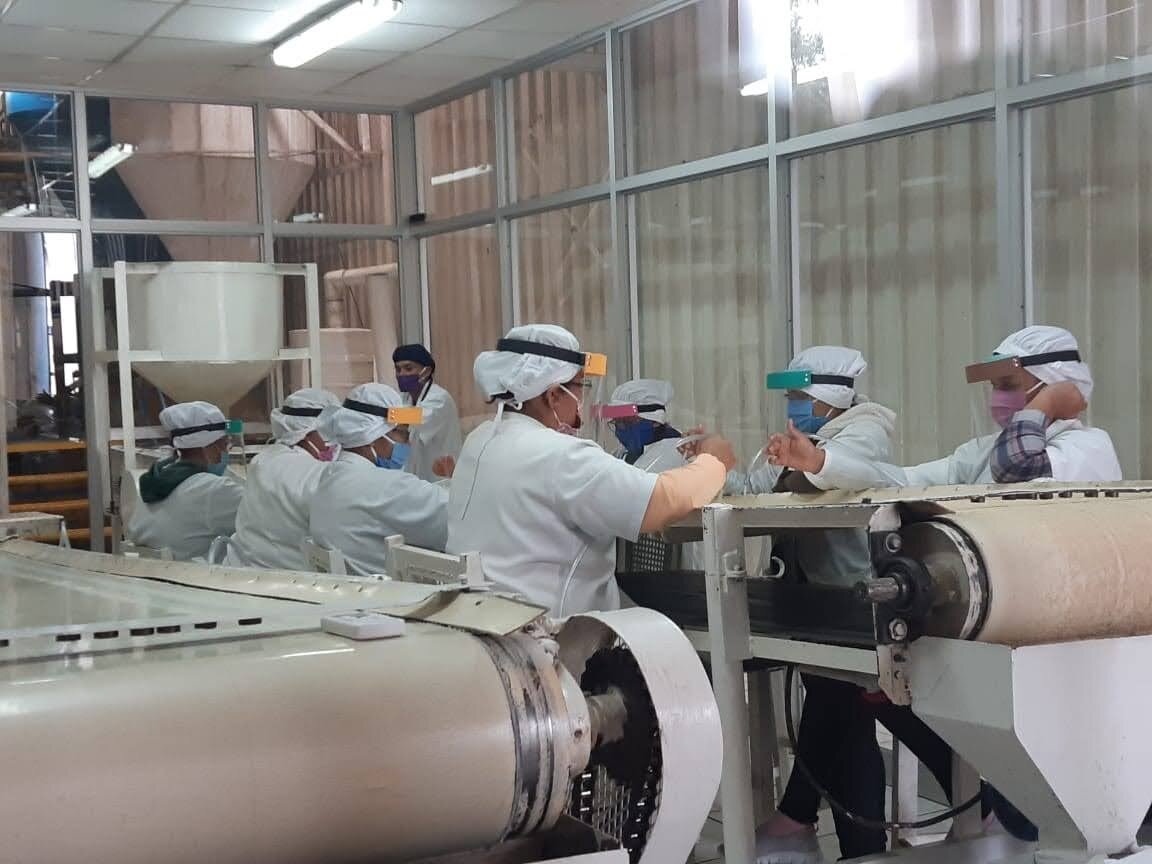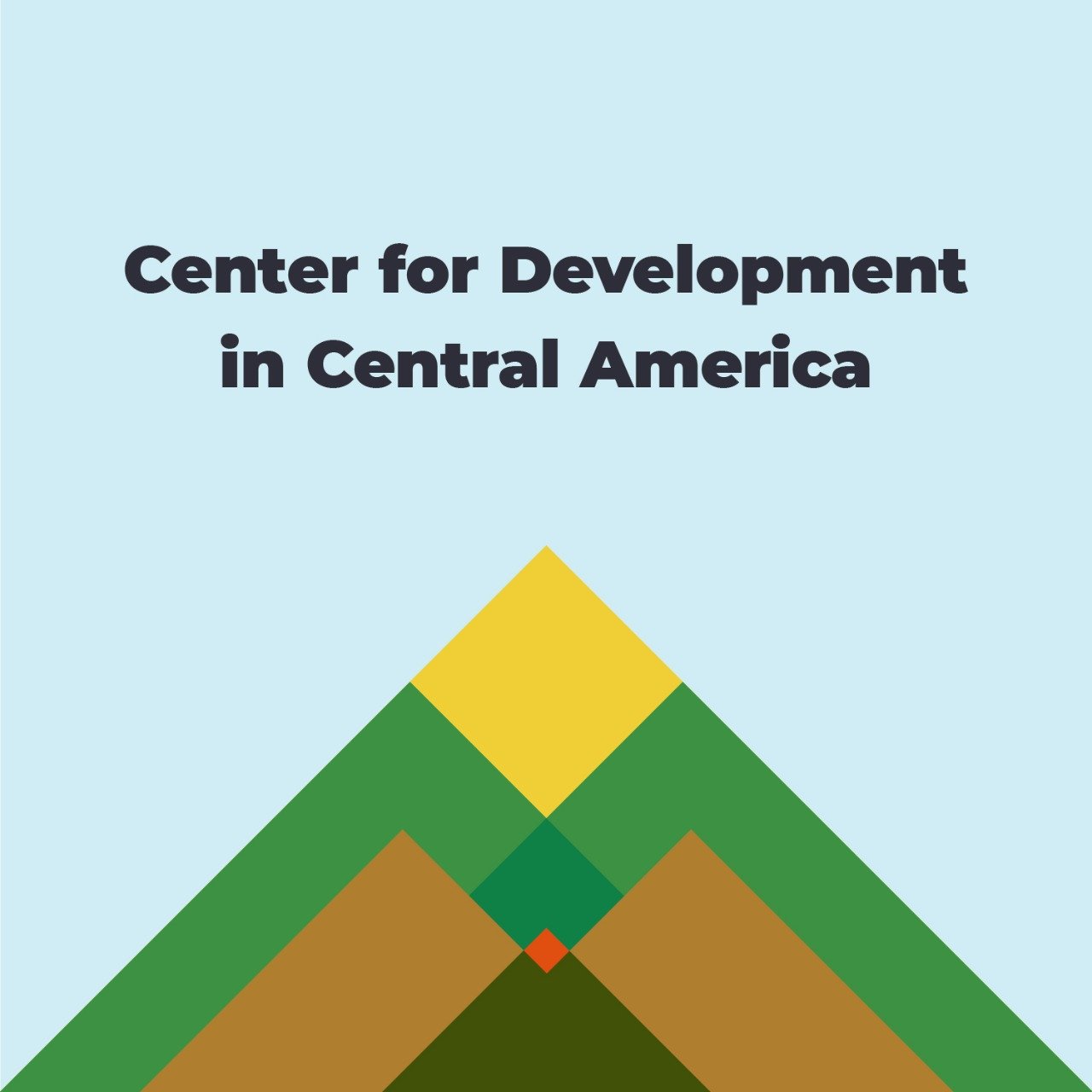
In 1995 one of the first projects of the CDCA was with a local cooperative to plant, harvest, and market organic sesame from a single field. Today the CDCA works with approximately 3,000 farmers all across the western part of Nicaragua!

-

Rural Nicaragua
Rural Nicaragua is extremely impoverished; 50% of the Nicaraguans living in extreme poverty (living on less than $1.90/day) are in the rural areas. Growers on small farms receive little for their crops. They need cash to buy medicines, shoes, and clothes. Helping them grow organically makes their farms more productive for future generations. Helping them work together and adding value to their crops means that they get a better price and can begin to move out of poverty.
The CDCA’s work with the El Porvenir Organic Coffee Cooperative is an example of this. El Porvenir is a small cooperative of 51 families who live on top of a mountain and protect their land. Their coffee is grown under huge trees in a tropical dry forest. For 20 years CDCA has helped the co-op sell its annual coffee harvest, ensuring cash to the co-op’s families and stability to care for their land. The CDCA provides medical care to the co-op’s famlies by bringing volunteers and doctors from the Nueva Vida Clinic to see patients. With the CDCA’s new project, Farmer Shares, you can get El Porvenir’s delicious organic coffee delivered right to your door!
-

COPROEXNIC
The CDCA started an organic agriculture cooperative, COPROEXNIC, so that they could receive better prices selling as a larger group. COPROEXNIC teaches its growers about sustainability. Farmers who work with this project agree to rotate their crops, to not cut down forests to create open fields; to not take land out of local food production in order to grow export crops; and to participate in the cooperative.
COPROEXNIC enables farmers to obtain and keep organic certification for sesame, peanuts and coffee.
Together with COPROEXNIC, the CDCA works to connect the farmers with organic markets for their products, buyers who care about the growers: Once Again Nut Butter and Nuts to You, as well as businesses in Europe and Panama. If you ever want to support businesses with a conscience, these are good ones offering quality products.
COPROEXNIC is the largest exporter of sesame in Nicaragua – both organic and conventional. Over the many years the CDCA and COPROEXNIC have worked with the farmers, processing and shipping have always been huge problems.
In 2014, the CDCA helped COPROEXNIC to obtain the lease of a sesame processing plant. Much labor, money, and equipment have been needed and applied to make this plant a world-class processing plant. Updating of the plant continues. COPROEXNIC hires approximately 42 people seasonally to run the plant.
In 2019, the CDCA helped COPROEXNIC receive better services from a peanut processing plant in Nicaragua. The CDCA with COPROEXNIC continues to explore installing a peanut processing plant in one of its buildings.
-
Vida Fund
The CDCA manages The Vida Fund, which loans capital to COPROEXNIC for planting and harvesting. The Fund also makes bridge loans to COPROEXNIC for post-harvest collection of crops and processing. The co-op then repays the Vida Fund when its clients receive their product.

